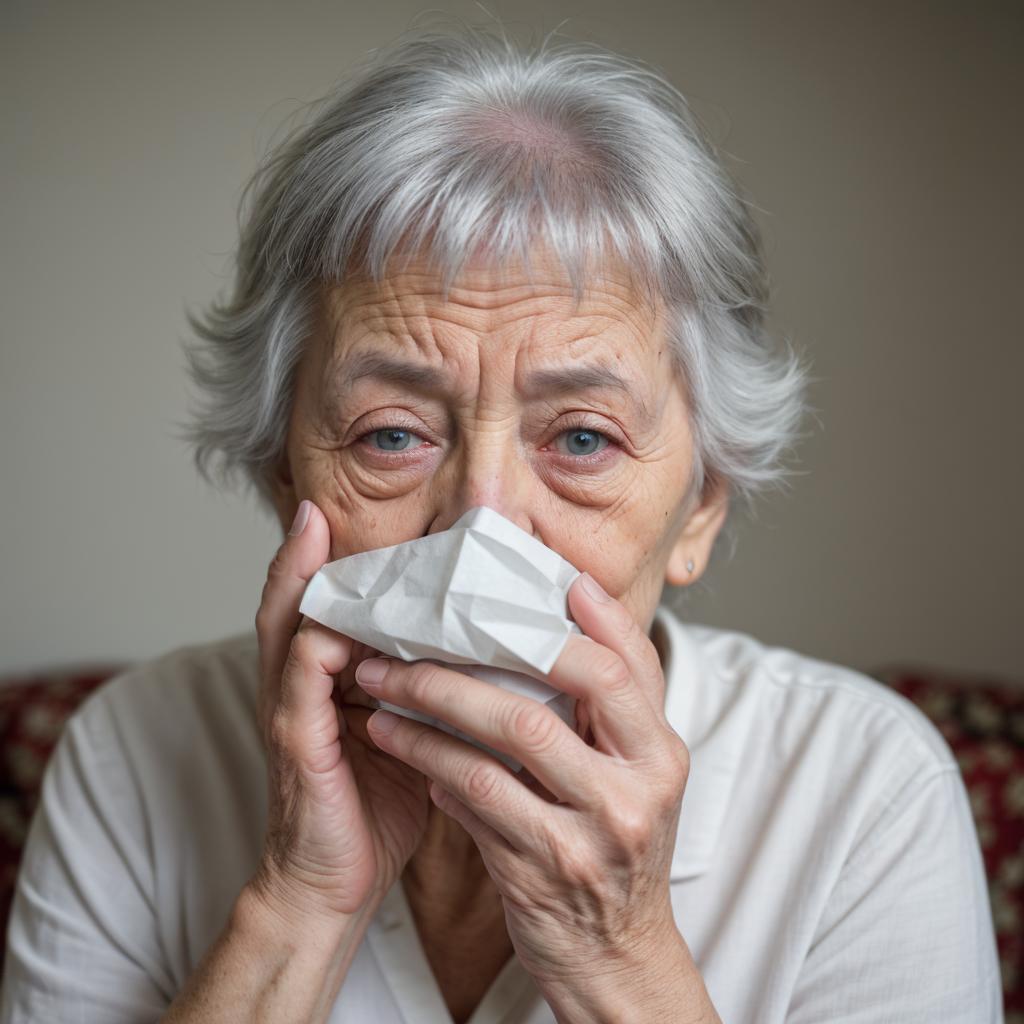
Pollen allergy, also known as hay fever or allergic rhinitis, affects millions of people worldwide.
It occurs when the immune system overreacts to pollen particles in the air, triggering allergic symptoms. With the prevalence of pollen-producing plants and increasing global temperatures leading to longer pollen seasons, understanding the effects of pollen allergy is crucial for effective management and prevention.

Symptoms
The symptoms of pollen allergy can vary in severity from mild to debilitating. Common symptoms include:
Sneezing
Runny or stuffy nose
Itchy, watery eyes
Scratchy throat
Coughing
Fatigue
Headache
Difficulty breathing (in severe cases)
These symptoms typically occur when pollen counts are high, which often happens during the spring and fall months when plants are in bloom. However, depending on the type of pollen to which an individual is allergic, symptoms may persist throughout the year.
Impact on quality of life
Pollen allergy can significantly impact a person’s quality of life. The persistent symptoms can interfere with daily activities such as work, school, and outdoor recreational pursuits. Sleep disturbances due to nasal congestion and difficulty breathing can lead to fatigue and irritability, further affecting overall well-being. Additionally, untreated pollen allergy may exacerbate other respiratory conditions such as asthma, increasing the risk of severe complications.
Management
While there is no cure for pollen allergy, several strategies can help manage symptoms and improve quality of life:
Avoidance: Minimize exposure to pollen by staying indoors on high pollen days, keeping windows closed, and using air purifiers with HEPA filters.
Medications: Over-the-counter antihistamines, nasal corticosteroids, and decongestants can help alleviate symptoms. In severe cases, prescription medications or allergy shots may be recommended.
Nasal Irrigation: Saline nasal sprays or rinses can help clear nasal passages of pollen particles and reduce congestion.
Allergen Immunotherapy: Also known as allergy shots, this treatment involves gradually desensitizing the immune system to specific allergens, including pollen, through regular injections under medical supervision.
Prevention
Preventing pollen allergy symptoms requires proactive measures, especially during peak pollen seasons:
Monitor Pollen Counts: Stay informed about local pollen forecasts and adjust outdoor activities accordingly.
Protective Clothing: Wear hats, sunglasses, and masks when outdoors to reduce exposure to pollen particles.
Personal Care: Shower and change clothes after spending time outdoors to remove pollen from the body and prevent it from being transferred indoors.
Landscaping: Choose low-pollen-producing plants for landscaping and gardening to minimize pollen exposure in your immediate environment.
Pollen allergy can have a significant impact on individuals’ quality of life, causing bothersome symptoms that affect daily activities and overall well-being. However, with proper management strategies and preventive measures, the impact of pollen allergy can be minimized. By understanding the symptoms, managing triggers, and taking proactive steps to reduce exposure, individuals can enjoy improved quality of life even during peak pollen seasons. Seeking guidance from healthcare professionals can also provide personalized treatment options for better symptom control and long-term management of pollen allergy.



